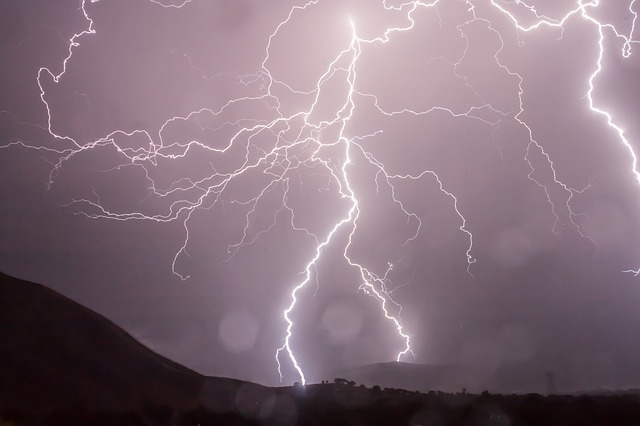The French phrase ‘force majeure’ is commonly used used in English law and is internationally understood as a ‘greater force’ outside the influence of parties. To be more specific, force majeure is an unforeseen even the prevents a party form carrying out their legal obligations.
If there is a lack of duty of care by one of the contracted parties, force majeure will not necessarily be accepted as a defence.
We have see in a previous post that a duty of care exists where a certain level of responsibility exists between for example:
- a medical practitioner and a patient
- a local authority and road users
- a school a pupil
In a contract, a force majeure clause will typically include disasters connected with human activity such as revolution or war or natural disasters such as so called ‘Acts of God’ such as earthquakes, floods, weather and tornadoes.
Example
Essential Oils – Timbuktu (a company that provides oils for domestic oil burners) source their supplies from a company in a secret location some miles away. Essential Oils have entered into a contract with the famous department store ‘Happy Oil’ in London to supply them with 50 litres of oil. Unfortunately, due to an unprecedented level of rainfall, Essential Oils are unable to fulfil Happy Oil’s order. In these circumstances there may be grounds for Essential Oil to be released from the contract on the grounds of force majeure.
Vocabulary
The following events are examples of what could prevent a party from fulfilling their contract obligations:
Acts of God

- flood
- epidemic
- drought
Human activity

- civil war
- arson
- terrorism
Modern technology

- communication failure
- mechanical failure
- electronic failure
____
What has been your experience?
Have you ever had to write a force majeure clause?
Maybe you have successfully contended a force majeure clause?
_____
Online professional English classes by CELTA qualified UK lawyer.
Classes are available for individual students or groups.

